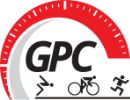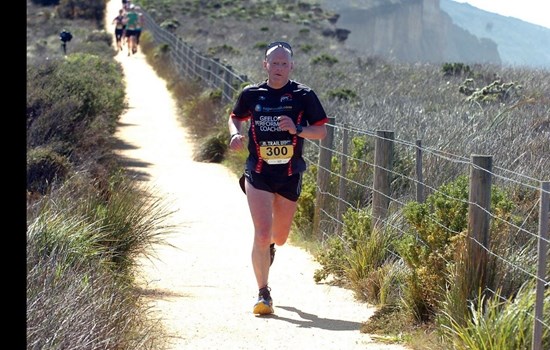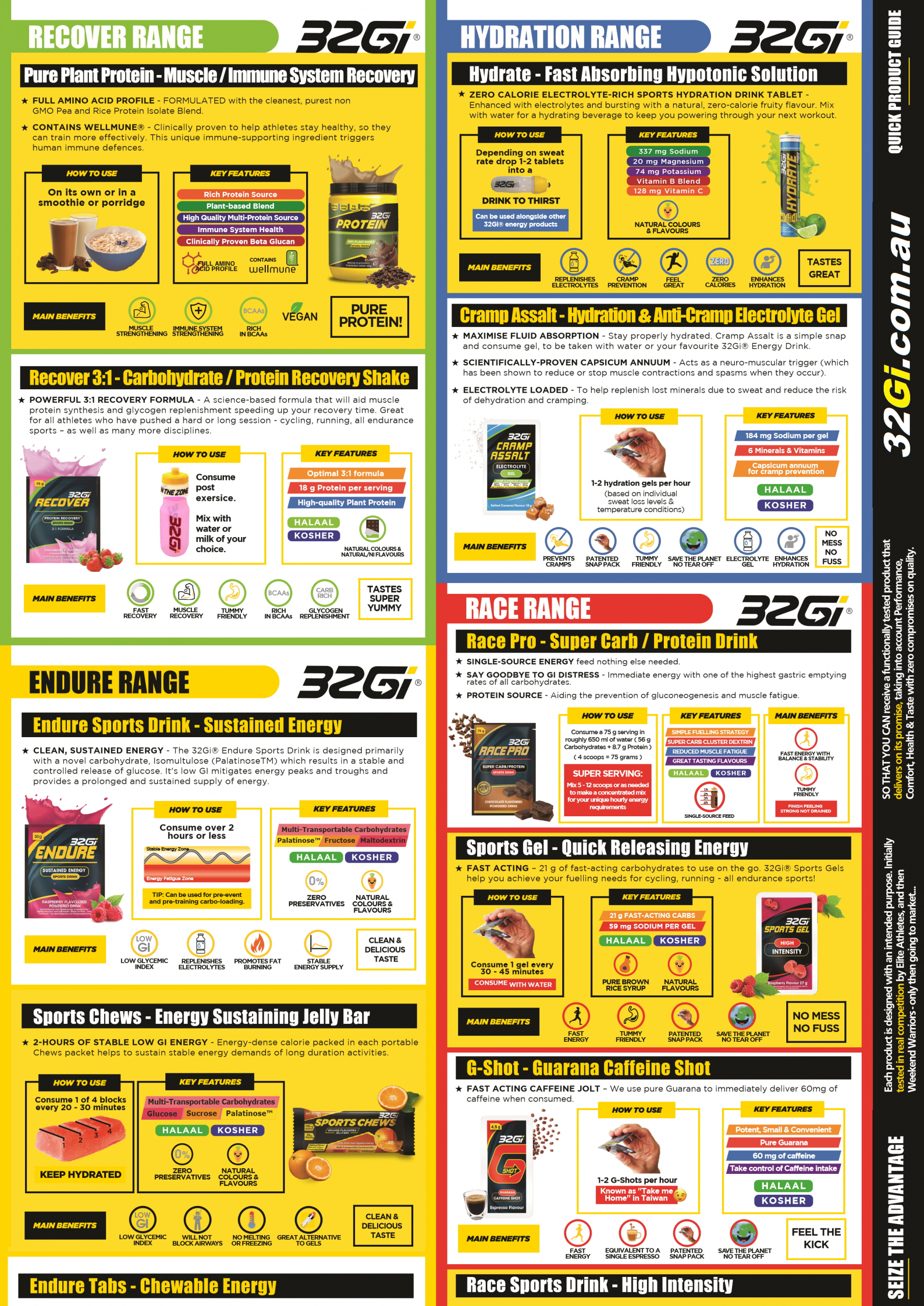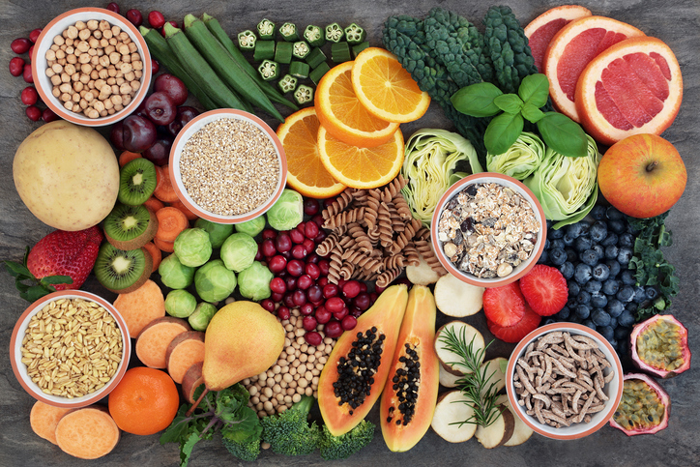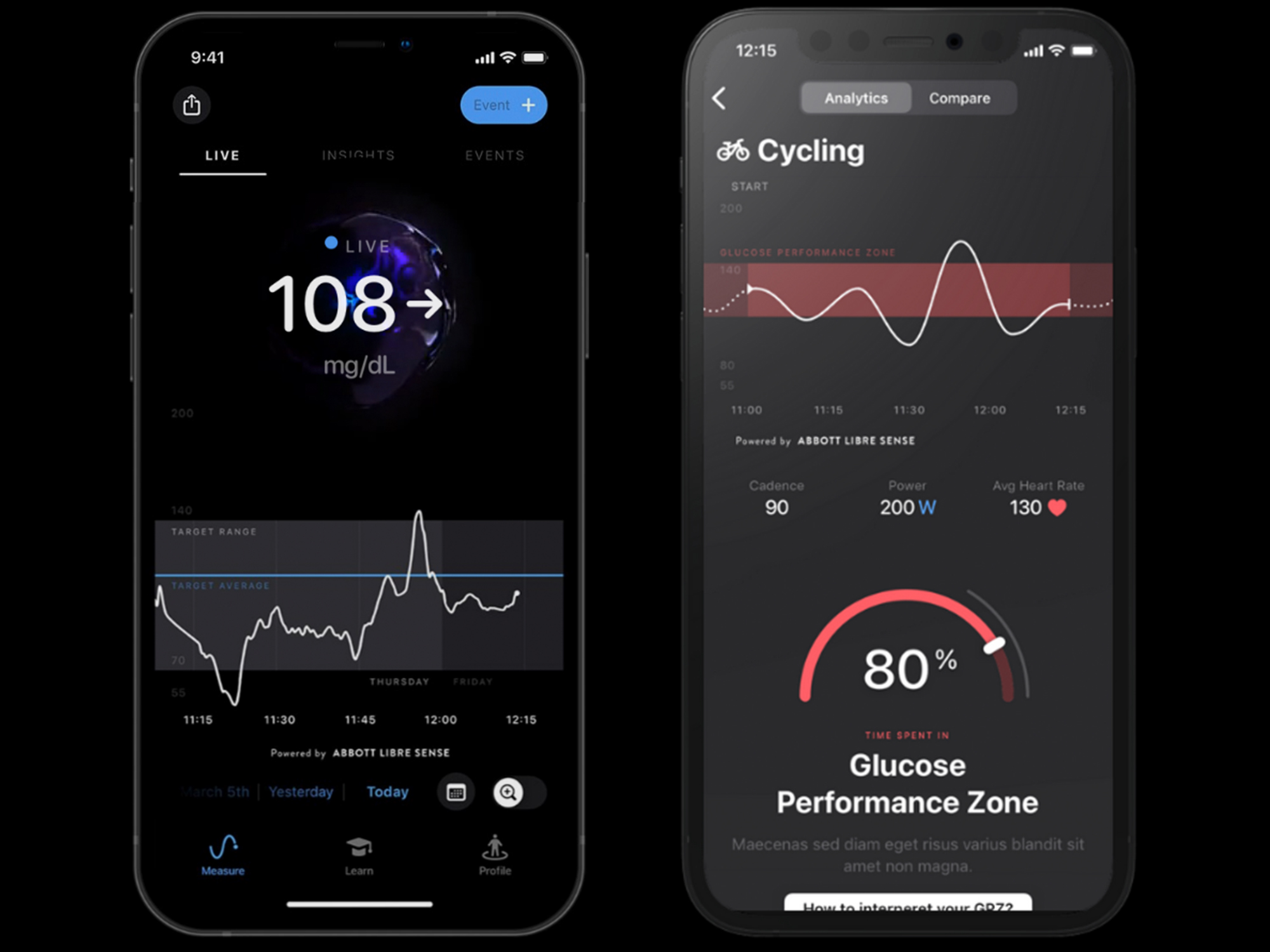Many endurance athletes are aware of carbohydrates as a fuel source for exercise and will load their stores in the 1-2 days prior to an endurance event, known as “carbohydrate loading”.
Whilst this is still a valuable practice, there is a greater amount of research around which suggests fat has a greater role in energy supply than previously thought.
Previous research has suggested that carbohydrate is the body’s primary fuel source in exercise above 85% of your VO2 max. Research conducted in the study below suggests that highly trained endurance athletes are able to supply nearly one-third of their energy demands with fat at intensities higher than 85%.
As endurance athletes we can enhance the body’s ability to learn to burn fat as a fuel source, a concept known as glycogen (carbohydrate) sparing. This is a valuable technique which sees an athlete burn a combination of carbohydrate & fat in the initial stages of an event, leaving some carbohydrate stores available toward the end of the event to avoid “bonking” or “hitting the wall”. You can avoid bonking by ingesting carbohydrates during the event as gels, bars, bananas, electrolyte drinks, Coca-Cola etc. This can prove difficult for some athletes with gastrointestinal upset, or not wanting to reduce intensity or simply not being able to ingest the calories to meet energy demand.
Endurance athletes can practice and enhance glycogen sparing and fat oxidation by doing empty stomach training. Begin with an easy 30min session in the morning without breakfast or drinks with calories. Plain water or coffee/tea without milk/sugar is fine. Caffeine or guarana tablets/drinks can help with this process.
By completing an “easy” training session ie. approx. <75% max HR you will be using fat as your predominant fuel source but your overall energy expenditure will be lower than a higher intensity session.
If your session is longer than 30mins, take a small carbohydrate/protein based snack to have after the 30mins. You can gradually build up the length before ingesting calories up to 90mins as long as there is no intensity. If your session includes hard intensity efforts consider consuming a gel or electrolyte drink with calories throughout the session, beginning after 30mins.
Recovery becomes important, especially if you are completing another session that day or within 24 hours. Replenish muscle glycogen stores with a mix of 1:3 protein to carbohydrate snack/meal within 30-60mins post session.
For more information see the following web sites/articles:
http://m.bmjopensem.bmj.com/content/1/1/e000047.full
http://metabolicprecision.com/articles-1/fat-burning-exercise
